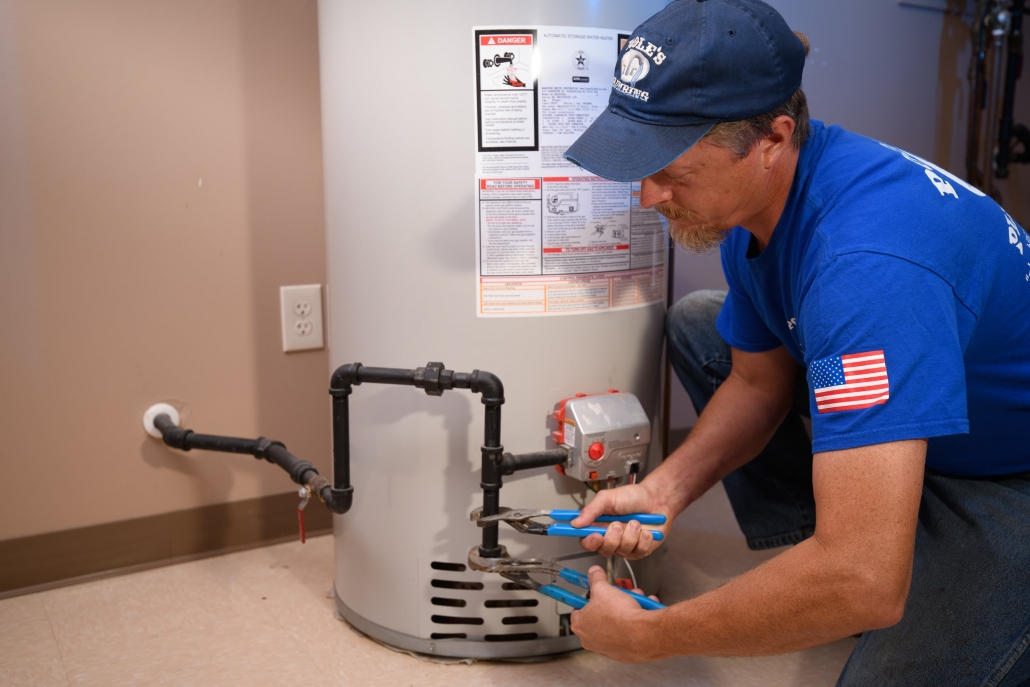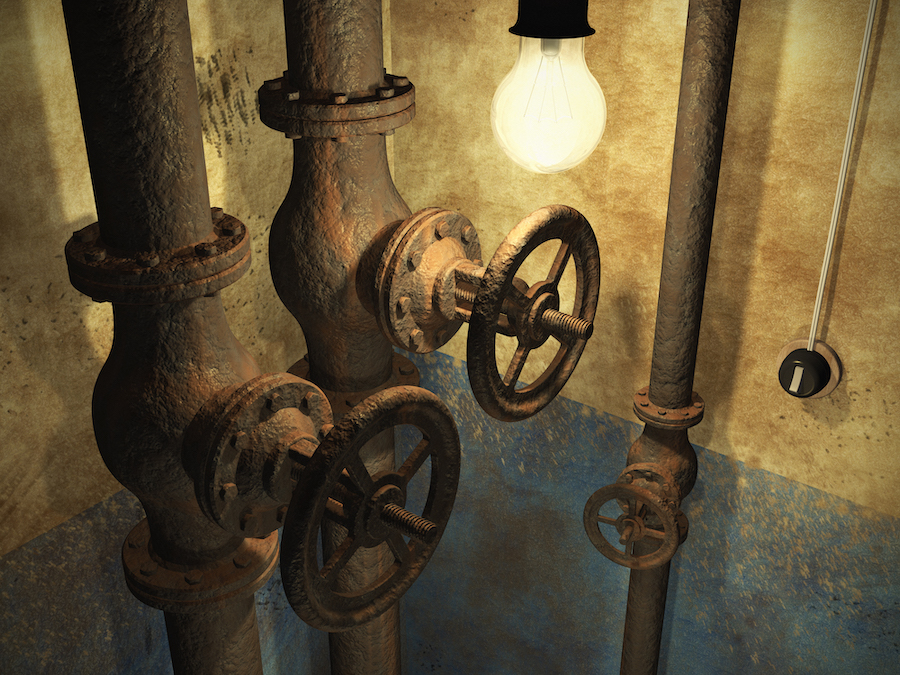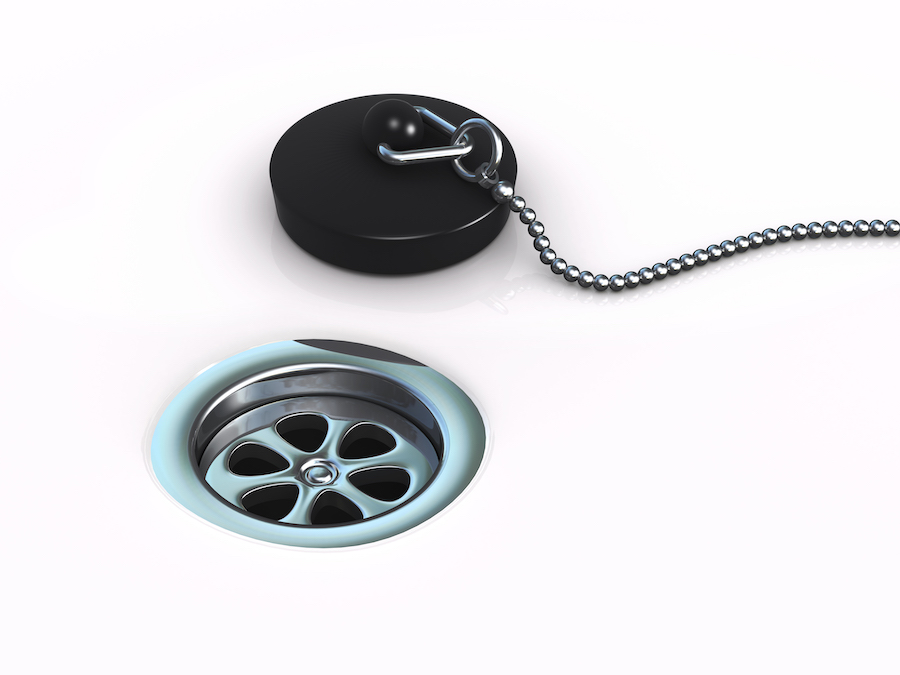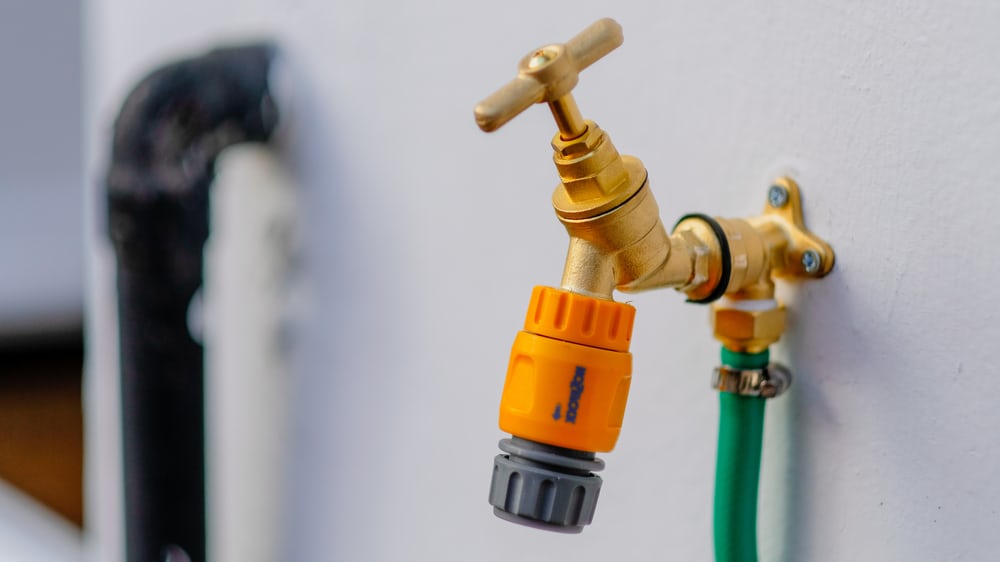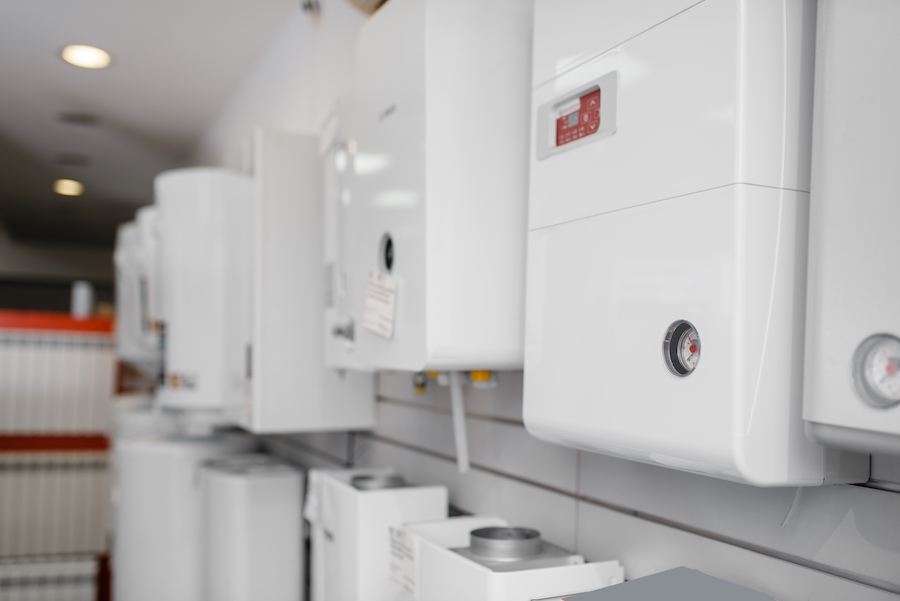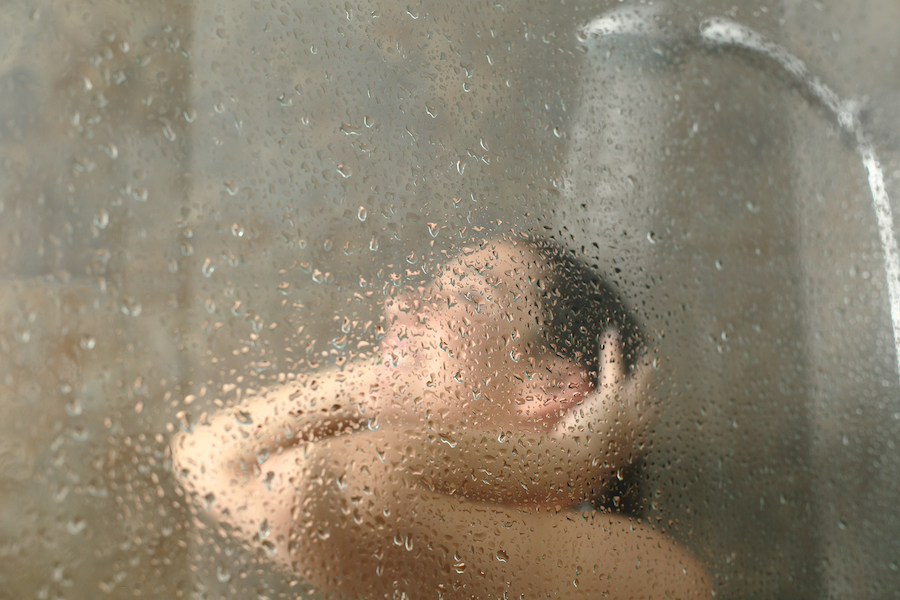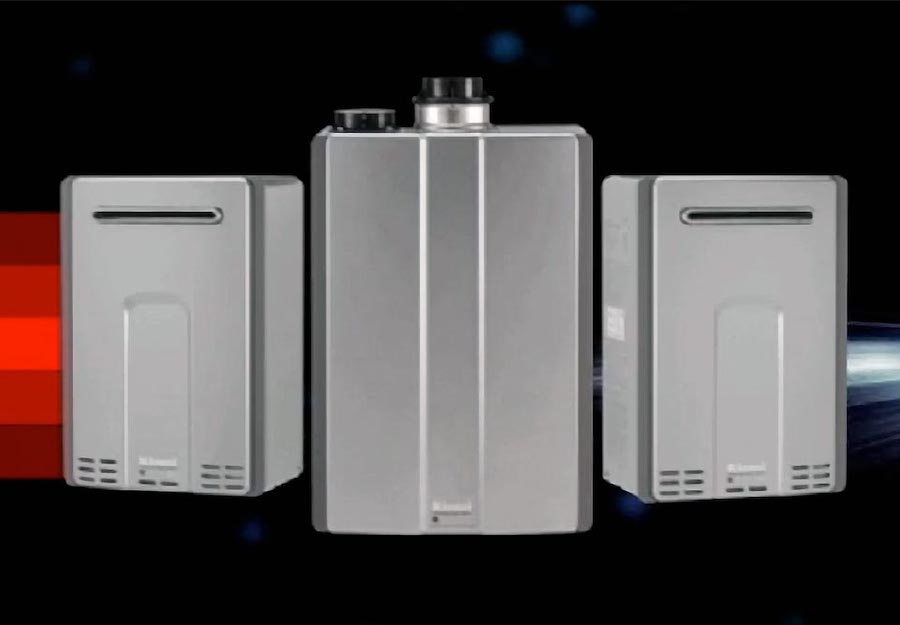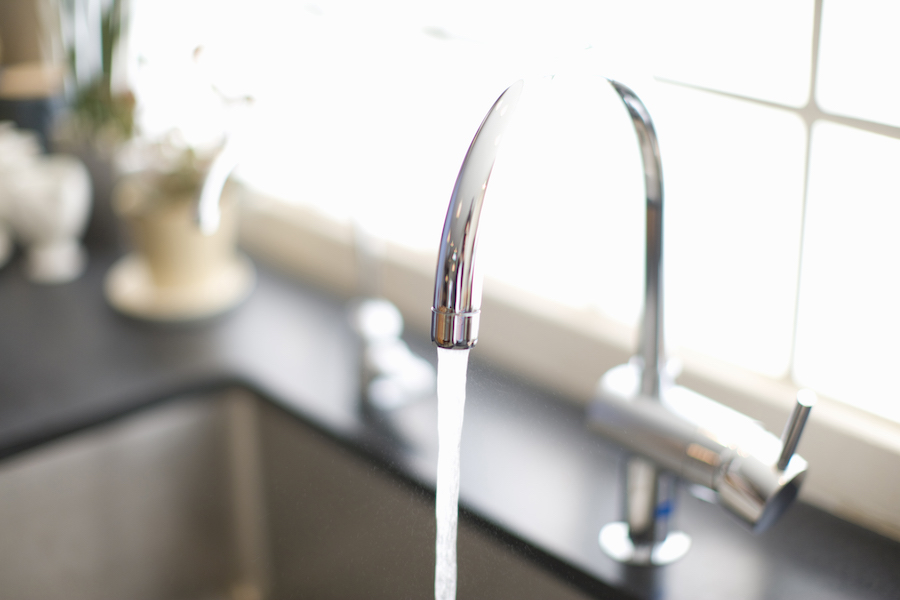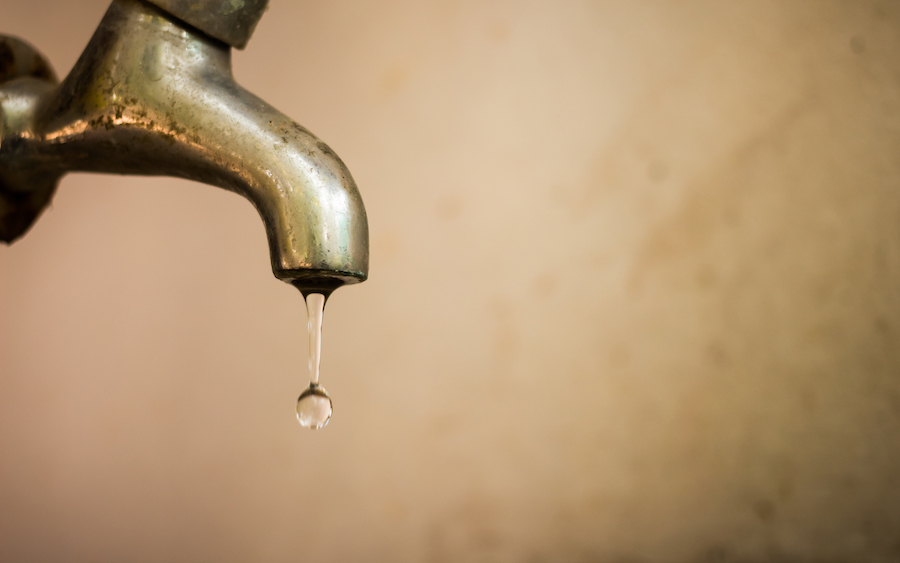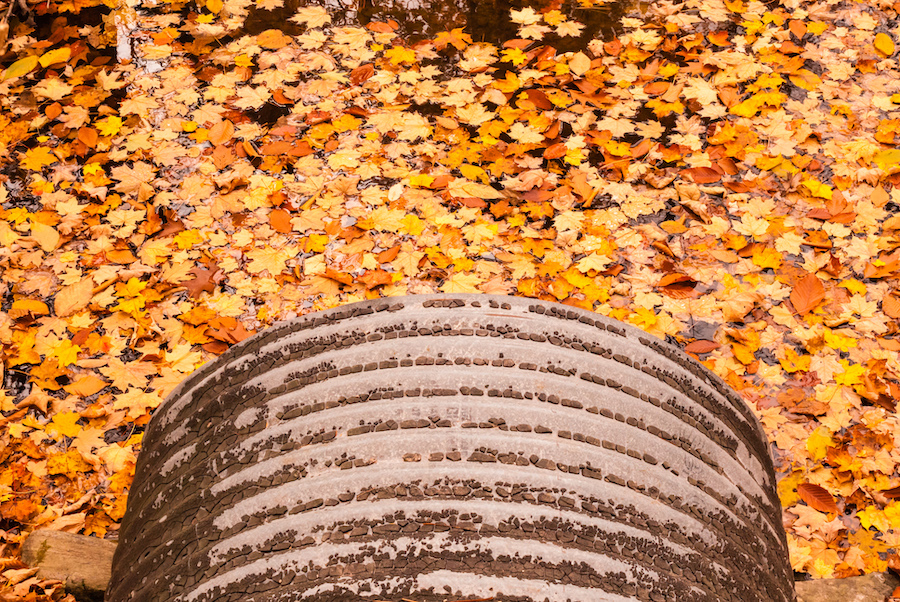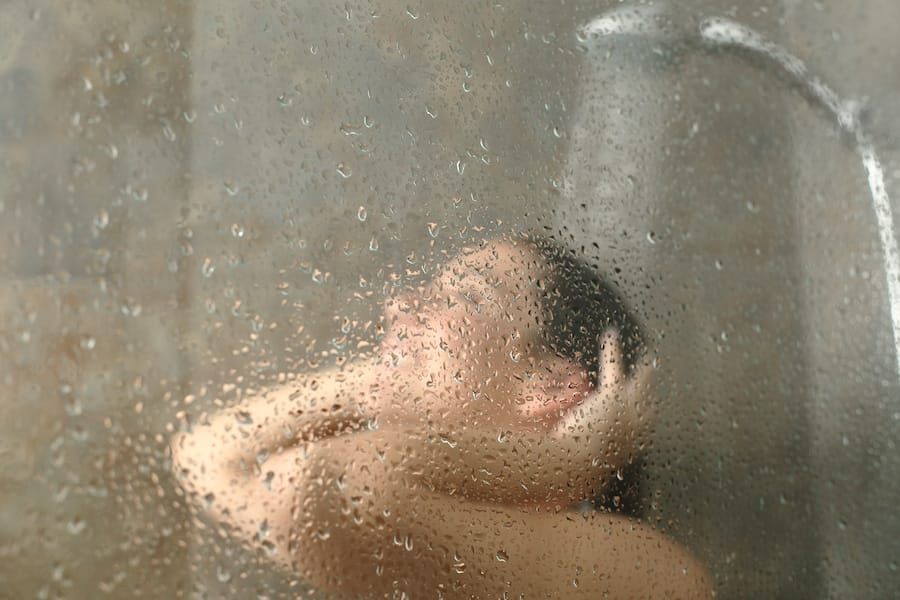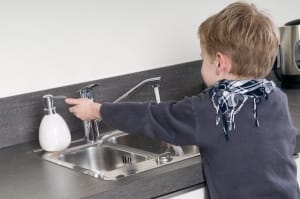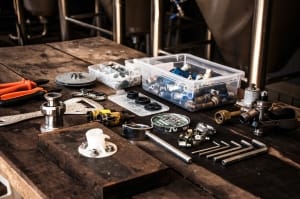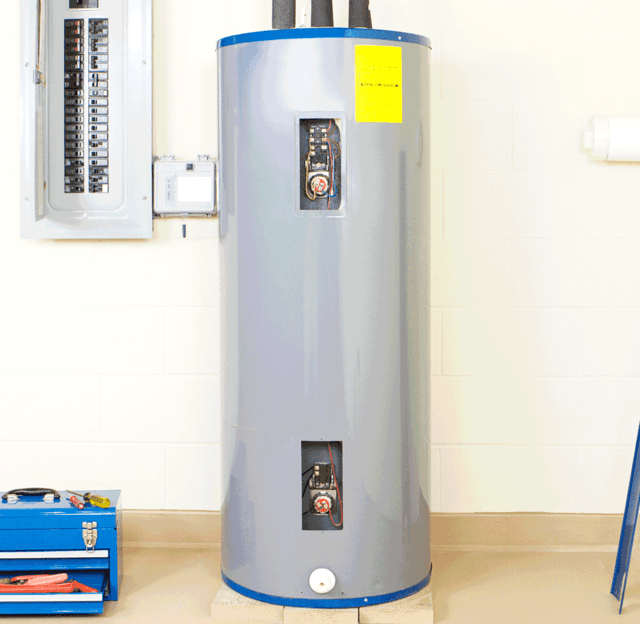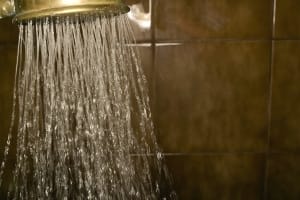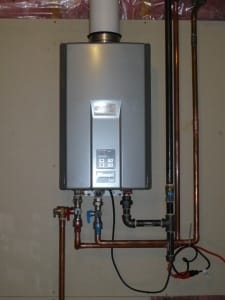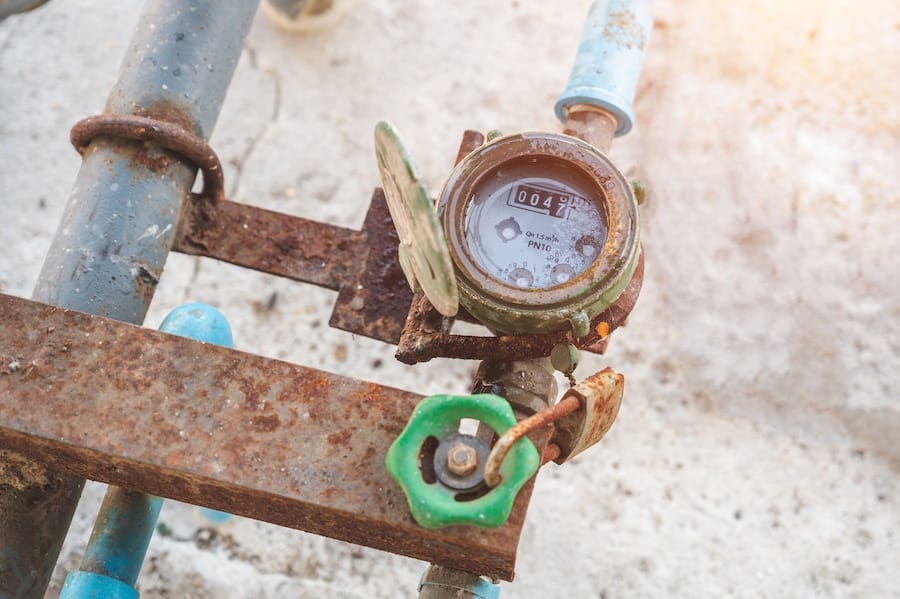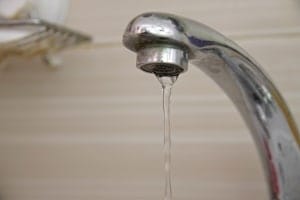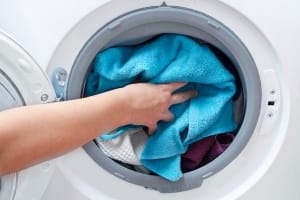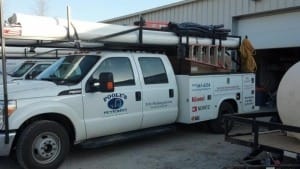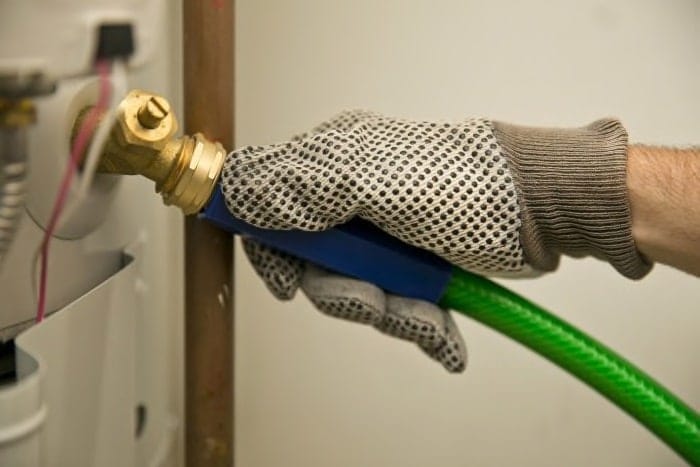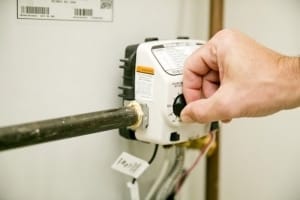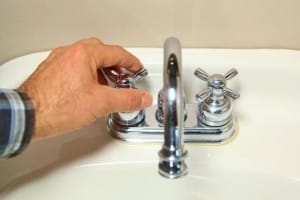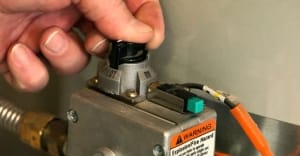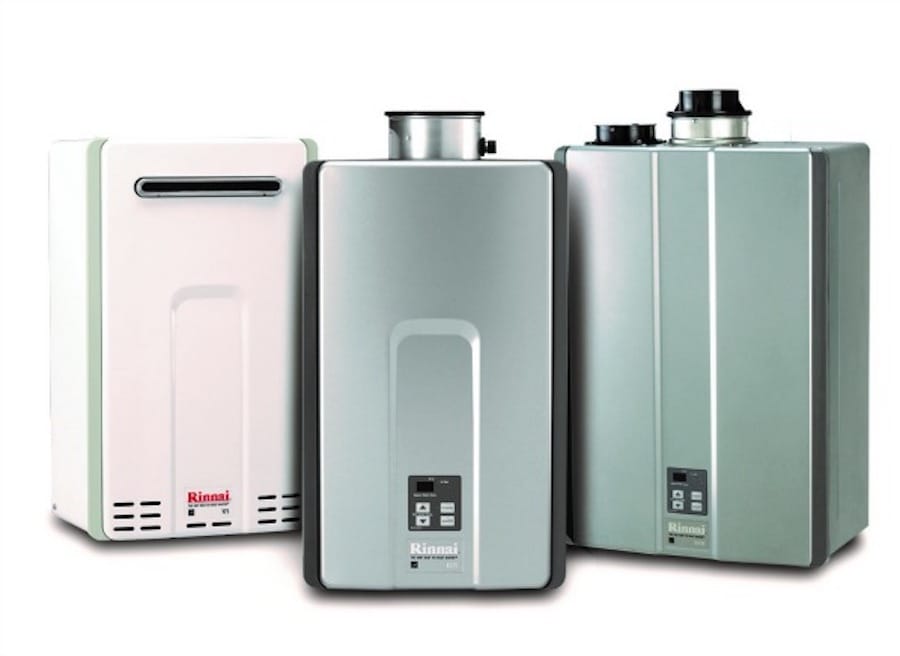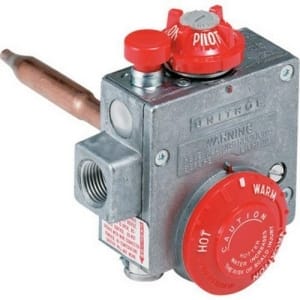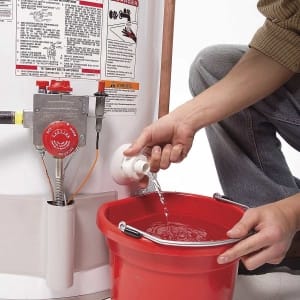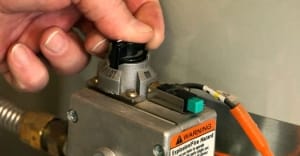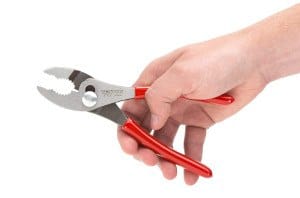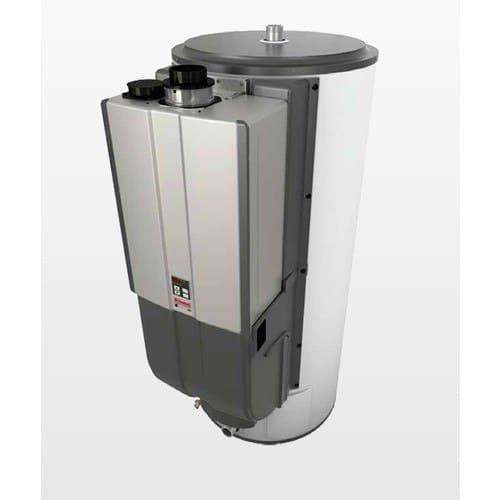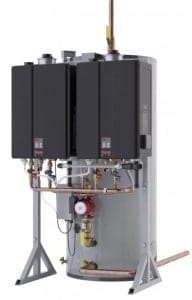Three DIY Plumbing Fixes and Three Times to Call the Plumber
When we get hit with a surprise plumbing issue, it can make for a stressful situation. However, if we can analyze and identify a problem in some cases, it may not be all that bad. That being said, in these cases, there is a chance that by doing a little homework, you may be able to rectify some issues yourself. But, there are also times you could analyze a plumbing problem, and it is something best left for the experts at Poole’s Plumbing. Thus, below, we will walk through three different DIY Plumbing Fixes that you can take on yourself at home. Likewise, we will walk through three situations where you will want to give a call to the pros at Poole’s.
When first noticing a plumbing issue, whether big or small, you want to address it immediately. Once you have figured out your problem, you could save yourself some time and money if there is an easy solution. But, not everyone is exactly a “handyman,” so you want to be sure if you’re going to do an at-home fix that you are not making things worse. Basically, if you can fix it, great! However, if you are not sure, you are better off calling us here at Poole’s Plumbing. There is never a need to try and make DIY Plumbing Fixes out of an issue you are unsure of. That could turn a minor issue into a plumbing disaster.
Can You Tackle DIY Plumbing Fixes? How Handy are You?
As we were just explaining, even if the issue you discover appears to fall under the DIY Plumbing fixes category, it may not be as easy as you think. Now, for those of you who are at least somewhat handy, it could be no problem at all to you. But, by trying to save a buck, one could easily wind up doing just the opposite. So, remember the most crucial factor in deciding whether to call the plumber or not can all depend on your comfort and skill level with plumbing issues. For example, if you built your own home and installed all pipes yourself, chances are you can take on minor plumbing issues. Likewise, if a wrench is an unfamiliar object, it’s probably a good idea to just make that call.
Three DIY Plumbing Fixes You Should Be Able to Do
Now, keep in mind what was just said above. There is never a point in time where if uncomfortable with fixing a plumbing issue, the best bet isn’t to just call a plumber. Always better to be safe than sorry. But, even if you have no experience, you will be able to pull off these types of DIY Plumbing Fixes in some cases. A little common sense and patience can go a long way towards a fix. The three potential plumbing issues that follow are ones that, if you simply take your time with, should be reasonably simple DIY Plumbing Fixes.
Clogged Drain
Identifying that a drain is clogged is one fairly easy thing to troubleshoot. Once you notice a sink or shower is backed up and clogged, it can usually be popped clear quickly. First, you can try just using a plunger. If, for some reason, the plunger does not work, then of our easy DIY Plumbing Fixes is to run a plumbing snake into the drain simply. Now, another reason for trying this easy fix is that it’s pretty hard once a drain is clogged to make things worse. Even if you can’t clear it through, then you just make the call to Poole’s Plumbing.
Leaky Faucet
The second of our DIY Plumbing Fixes is a slightly trickier job. This does require some plumbing tools usually. But if you should be ok if you simply remember to shut off the water supply before starting this job and follow directions, this can be a doable job for you. But, just as with the clogged drain, if you give it a try and can’t seem to get it, do not make the issue worse; just give us a call.
Maladjusted Sink Stopper
This is the third of our DIY Plumbing Fixes. It is another relatively easy task if approached right. The only tool you should need is a pair of pliers. This, much like noted about the clogged drains, is one that you are limited in any damage you could do even in attempting this fix. This is because the repair is actually in the drain and not the pipes that supply your water. So, if comfortable, this and the first two are DIY Plumbing Fixes you should be safe to try.
When It’s Time to Make the Call…Just Make the Call
Sure, there is a certain satisfaction in getting a job done yourself. We get that, and its jobs like the DIY Plumbing Fixes above are ones you can usually get that satisfaction from. But, despite that “good feeling,” you never want to take a chance on plumbing. For one, it can lead to a mess and turn a minor issue into a disaster. Second, although it can cause damage or a mess, you can also turn a quick, inexpensive fix into a costly mistake.
Below are three times when you identify an issue; you are best to pick up the phone and make a call to us at Poole’s Plumbing. We have been the most trusted name in plumbing across the Raleigh and Triangle area for over two decades. Our professionals are happy to come out and get to the bottom of any plumbing issues you may have.
Leaking Pipes
When you discover a leaky pipe or pipes, this is never falling under the category of DIY Plumbing Fixes. In actuality, leaky pipes can cause a whole lot more damage than a leaking faucet can. For one, if you let it go too long, it could burst. However, if it is left alone to that point, you are looking at a huge mess and even severe damage. Also, this becomes a costly problem if allowed to go unattended.
Water Heater Issues
Even if you consider yourself somewhat handy, this is another problem you do not want to add to your possible DIY plumbing fixes. A water heater is a far more complicated piece of machinery than you may think. So regardless of the water heater issue, whether leaks, constant running, standing water, don’t try and address it yourself. Poole’s Plumbing is the number one authority on all things water heaters in the Triangle area and is waiting for just a call away. We can also tell you whether a fix or a new water heater is your most economically sound solution.
Sewer Line Issues
The third of our recommendations to steer clear on making them DIY Plumbing fixes is sewer line issues. Just leave this one to us, the professionals. Just as stated on water heaters, these are almost always complicated and need to be appropriately addressed and immediately the first time. Common signs to look for in detecting a sewer line problem are sulfur smells coming from drains. Also, a slow drain, mold growing around plumbing appliances, pools of water in the yard, or an overflowing toilet are signs to look for. If you smell or see any of these signs, give us a call.
Whether You Can Fix It or Not, Don’t Delay With Plumbing Issues
Plumbing issues are never something to take your time with after detection. In almost every possible case, the issue will only worsen by not addressing it as soon as possible. If it’s an easy fix or one of the above DIY Plumbing Fixes, or if you need to call us here at Poole’s Plumbing, there is no shame whatsoever. Trust us when we say you’ll be happier you made the call initially than dealing with the consequences when you don’t.
For any of your plumbing issues or for our contact information, visit poolesplumbing.com.

